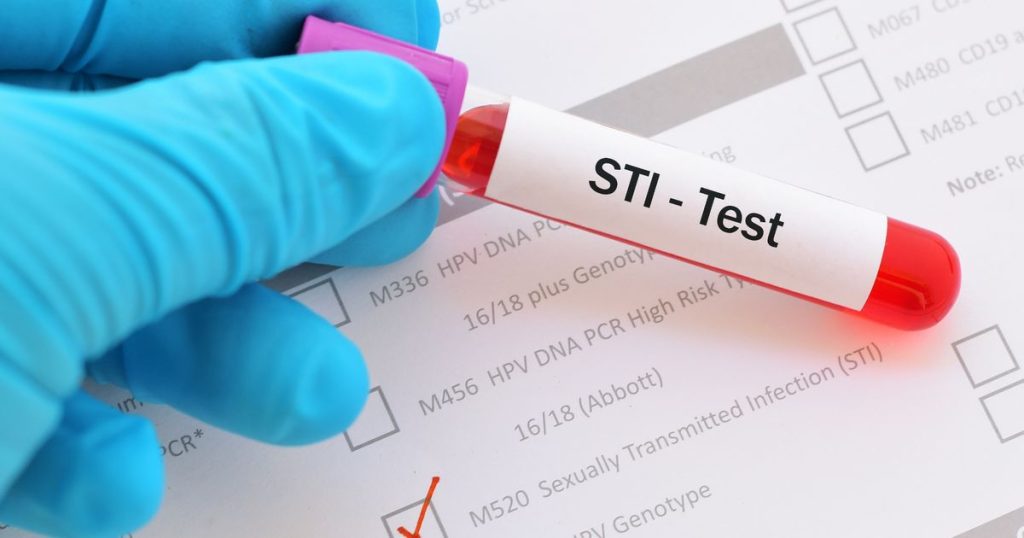Cases of the rare STI known as Shigella, or dysentery, are on the rise, prompting experts to advise people to be aware of the signs and symptoms in order to avoid contracting it. Shigella is caused by highly contagious bacteria found in fecal matter and can be transmitted through sexual activity. While traditionally associated with poor sanitation and contaminated water supplies, it has been increasingly linked to sexual practices that involve contact with feces, such as anal sex. Cases of this infection have increased by 24% in the past four years, with antibiotic-resistant strains becoming more common.
Dr. Bhavini Shah, a GP from LloydsPharmacy Online Doctor, explained that Shigella can cause symptoms such as diarrhea, vomiting, abdominal pain, and fever. The infection can be passed on through minimal contact with contaminated hands or surfaces, making it highly contagious. In addition to practicing good personal hygiene, individuals should be cautious during sexual activities that involve potential exposure to feces, such as anal sex or handling condoms or sex toys used for anal penetration. Antibiotic-resistant strains of Shigella are on the rise, making it even more challenging to treat.
To prevent the spread of Shigella through sexual activities, individuals are advised to practice good sexual hygiene by washing hands after sex, sanitizing sex toys, and using protective barriers during anal-oral contact. General hygiene practices such as thorough handwashing with soap and water before eating or after using the toilet can also help prevent infection. If symptoms suggestive of Shigella develop, individuals should seek testing and treatment from a healthcare provider. Severe cases may require antibiotics, and individuals should refrain from sexual activities and follow hygiene precautions to prevent transmission.
Testing for Shigella typically involves providing a stool sample, and treatment may involve a short course of antibiotics if symptoms persist. Individuals with suspected Shigella infection should inform their healthcare providers about potential exposure through sexual activity to ensure appropriate testing and treatment. In severe cases, hospitalization may be necessary. Detailed instructions on hygiene practices, isolation, and symptom management should be followed to prevent further spread of the infection.
In rare cases, individuals with severe or persistent symptoms of Shigella may require antibiotic treatment to resolve the infection. It is essential to adhere to treatment recommendations and follow hygiene protocols to prevent transmission to others. Quarantine measures, such as staying home from work or refraining from handling food or drink, may be necessary to avoid infecting others. Regular handwashing, disinfection of shared items, and environmental cleaning are crucial in containing the spread of Shigella and preventing outbreaks in communities. Individuals should consult healthcare providers for advice on managing symptoms and preventing reinfection.


